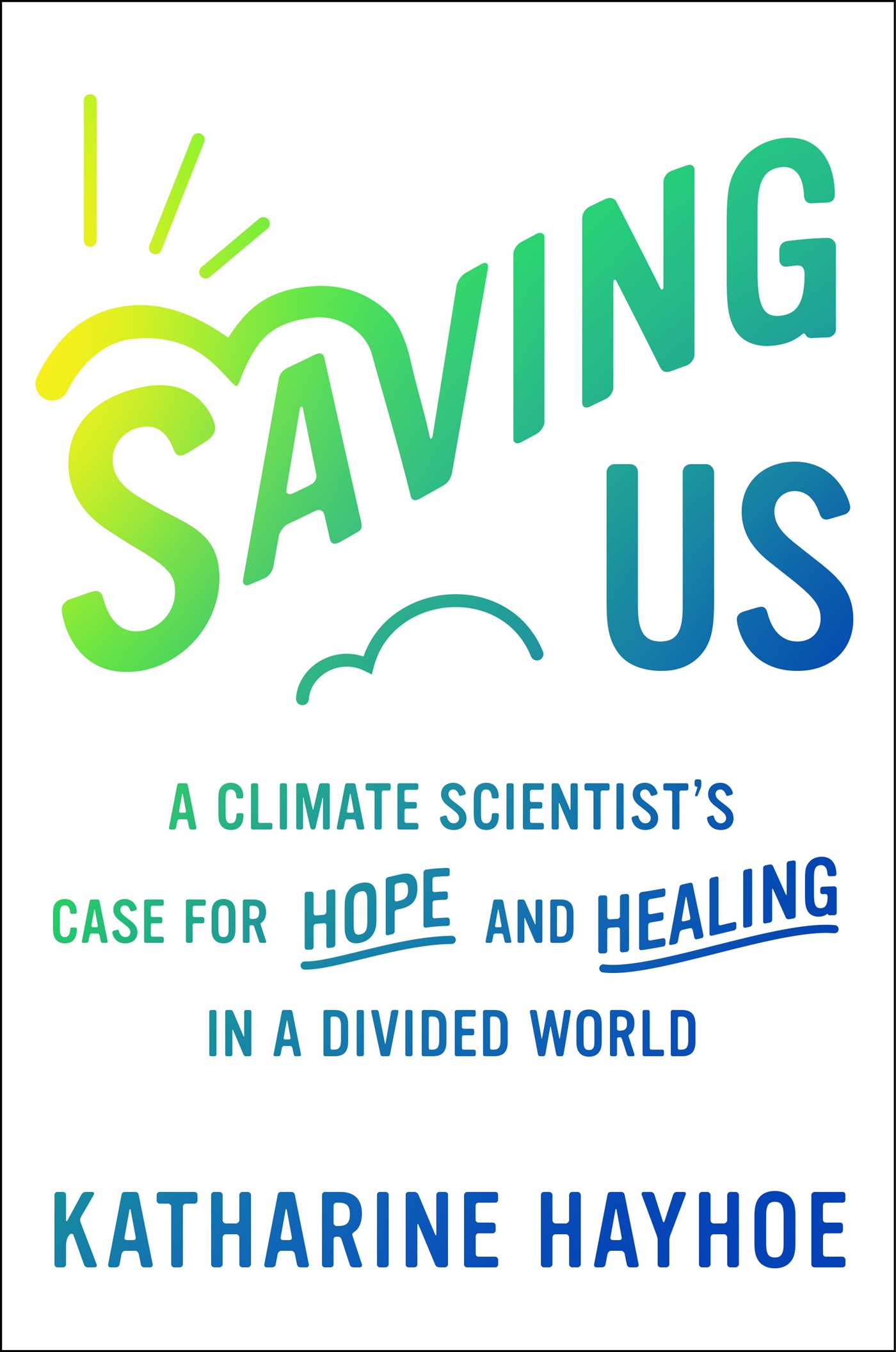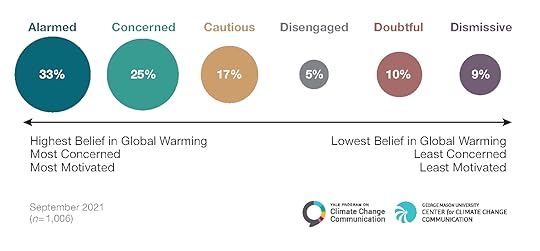What do you think?
Rate this book


318 pages, Kindle Edition
First published September 21, 2021

Dismissives can't leave the topic of climate change alone. They're constantly commenting on Facebook posts, talking about it at family dinners, forwarding articles they've found that buttress their point. They may go out of their way to ridicule people who support climate action and environmentally friendly behavior, such as driving fuel-efficient cars, installing solar panels, and adopting plant-based diets. ... Dismissives dominate the comment section of online articles and the op-ed pages of the local newspaper. ...
...when we dream about having a constructive conversation with someone about climate change, often a Dismissive is the first person who comes to mind. Unfortunately, ... [they] are the only ones it's nearly impossible to have a positive conversation with.
I imagined it would take my uncle at least a few days to wade through and consider the resources I'd provided. Instead, he responded almost immediately, dismissing what I'd sent and voicing even more arguments.
Start with something you have in common. Connect it to why climate change matters to us personally—not the human race in its entirety or the Earth itself, but rather us as individuals. Climate change affects nearly everything we already care about.
When we can't control those we really want to—in this case, the airline companies and the fossil fuel corporations and the government and, really, the entire system in which we live—we turn our fear on others and use shame to try to control them instead. We might temporarily feel better, but it just makes things worse long-term.
...according to the Climate Action Tracker, as of 2021 current policies around the world would limit warming to a best-case scenario of just under 3°C, when we need to keep the rise to 1.5°C or at most 2°C to avoid disastrous impacts. Worldwide, replacing coal, oil, and gas is still happening ten times slower than what's needed to meet climate goals.
Having solar panels on a house near you, where you could see them and talk to a real live person who had them, it turned out, was the biggest predictor of whether you'd get them yourself.